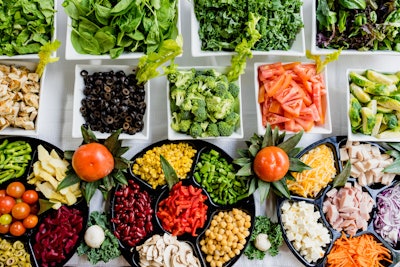
SpendEdge has announced the completion of their latest article on the ways to keep the US food supply chain moving while reducing the impact of COVID-19.
Due to global quarantine, the food supply chain in the US has been upended, increasing pressures on the systems, retailers, distributors and companies in the food industry. Initiatives such as labor shortages, national and local border closures are at the risk of impacting the food supply chain. Like China, governments must prioritize the movement of agriculture inputs along supply chains to keep pace with the demand. Our experts highlight the key areas to help companies improve the food supply chain management.
Tackle labor shortages
Every year a huge number of migrants cross U.S.–Mexico border on H2A visas. But the sustained restrictions due to COVID-19 outbreak could substantially reduce the number of migrants. This could create a major labor gap during the prime planting and harvest season. To minimize the impact of COVID-19 and improve food supply chain management, companies must ensure that labors shift quickly from industries that have been idled to fill the gaps.
Ensure continuity
While ensuring the continuity of the food supply chain, retailers and distributors must take a proactive approach to prevent the transmission of the virus. They must focus on the key areas and employ more labor than required to complete specific tasks rather than emphasizing on productivity. Their actions should include strict social distancing, breaking worker teams into discrete cells, introducing alternate shifts, and many more.
Address downward pressure on commodity prices
Low commodity prices are expected to continue in the coming time as well as growers are already strapped for cash. They may choose not to plant in the absence of any financial support. The situation may become grave and cause large-scale disruption to restaurants and other food-service operations because of the quarantine period. Companies must support farmers and those involved in the food supply chain to weather the current crisis by providing unemployment benefits or temporary alternative work opportunities.
Cross border logistics
The limited movement of agricultural inputs and food across different borders is becoming a prime concern for many companies. Most truckers do not want to drive into Italy due to the fear of the pandemic, impacting the movement of necessary goods. Governments are already putting in place protectionist policies to secure their food supplies. It becomes imperative for governments to keep the national, regional and local borders open to food and farm supplies to reduce the impact of COVID-19.


















